

Black August
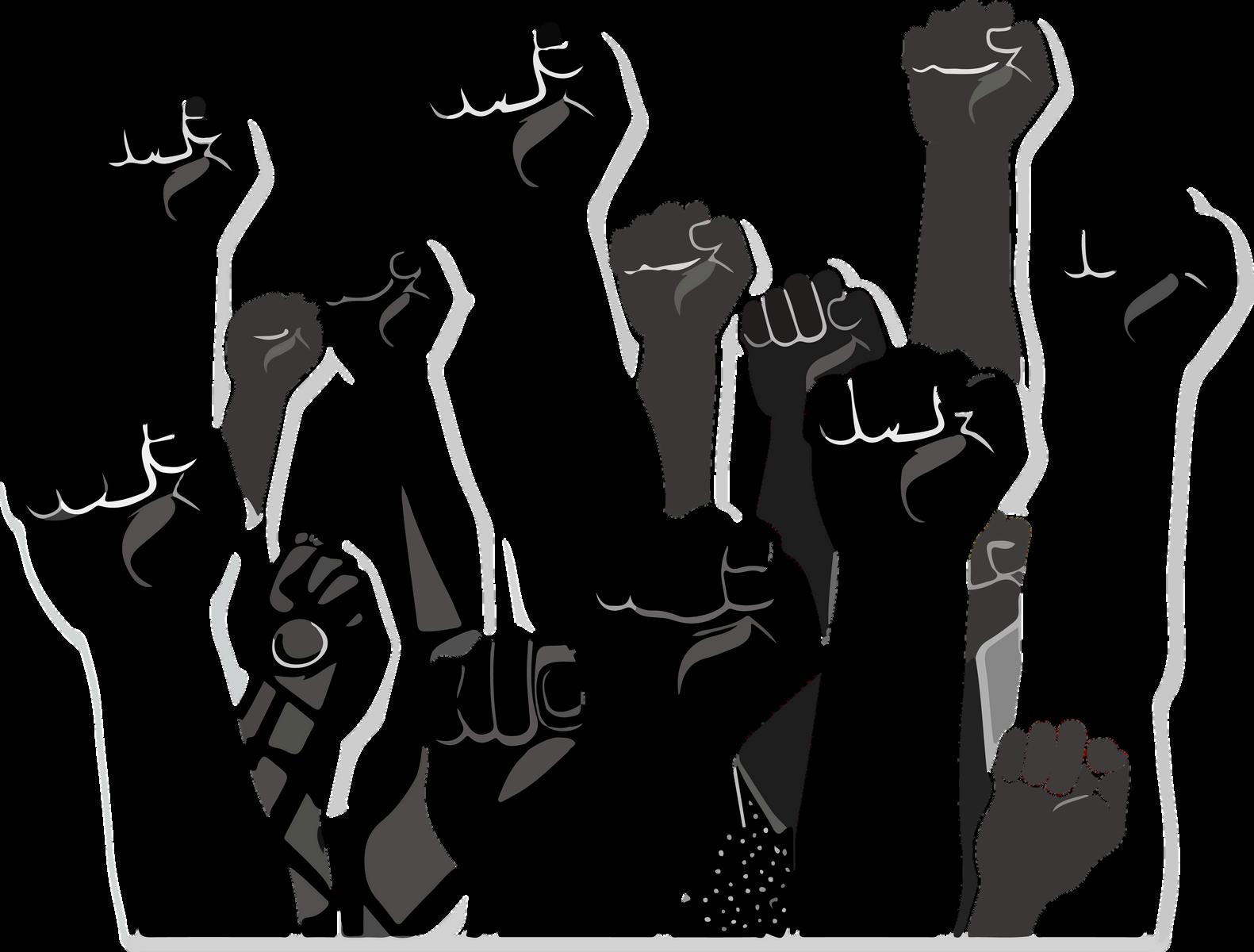
Murder Registry Campaign Council
It’s Black August, a time to remember and commemorate leaders and freedom fighters in the struggle for Black liberation. We remember George Jackson, who was assassinated while organizing inside San Quentin. We remember the Death Row 10 in IDOC whose inside-outside organizing led to the abolishment of the death penalty in Illinois. We remember every survivor of police torture who courageously came forward to share their stories in the fight for reparations We remember the wrongfully convicted, those who have come home, and those still awaiting justice on the other side of the wall. We remember and think of families separated by the carceral system. We think of the mothers who fight everyday for justice for their children inside
We want you to remember that you are not forgotten, that there is a world out there that believes in our collective freedom.
Our Murder Registry Campaign Council held their very first public meeting on June 28th!
In 2023, we published the first ever report on the impacts of the IL Murder Registry.
We found that registries make the re-entry process more challenging by increasing barriers to and exclusion from public housing, jobs, and public assistance, which in turn increases the overall likelihood of crime.
In 2024, we created the Illinois Murder Registry Campaign Council, a group of people directly impacted by the Illinois Murder Registry who are leading our organizing efforts.
We are now focused on building a base of people who believe repealing the Illinois Murder Registry is not only an issue of racial and economic justice but a true investment in public safety
Interested in learning more or joining the council? Visit the website: endilmurderregistry.org
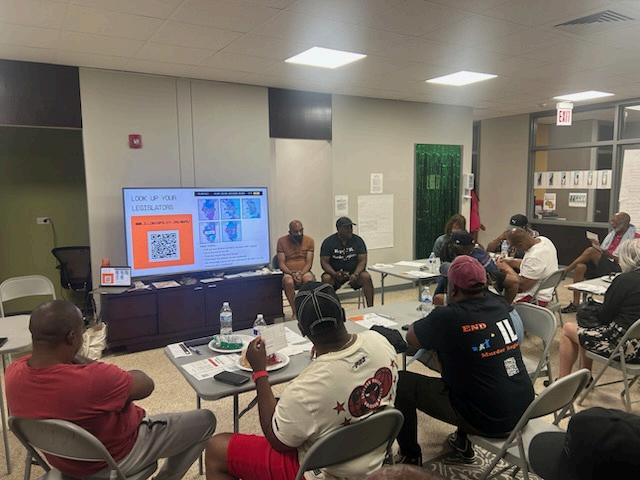

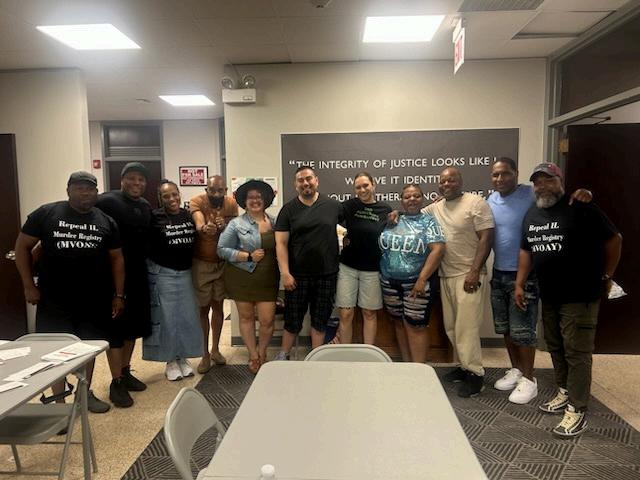
International Day in Support of Survivors of Torture

June 26, the UN International Day in Support of Victims of Torture, calls on each of us "to unite in support of the hundreds of thousands of people around the world who have been victims of torture and those who are still tortured today." This beautiful quilt we recently received from Chicago Public Schools students who studied the Reparations Won curriculum serves as a moving reminder of that powerful call We are so grateful to have it in our space
As we celebrate 10 years of the Reparations Ordinance in Chicago, we recognize the need for more places like CTJC, the first and currently only center dedicated to supporting survivors of domestic torture with free counseling and case management services in connection with organzing for systemic transformation. The suffering torture creates is not felt alone, and healing doesn't happen in isolation either.
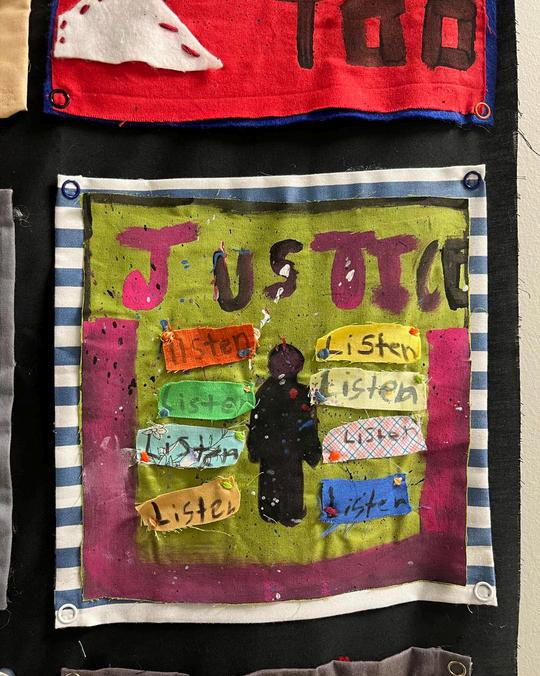
Thank you for being part of our community as we continue to stand with, fight alongside, and lift up survivors of torture - today and every day.

In Solidarity with Immigrant Communities and Against Militarization
We are outraged at the violent kidnappings committed by ICE across the country.
This attack on immigrant communities is rooted in the same systems of white supremacy that incarcerate, torture, and disappear Black and brown communities in Chicago and elsewhere The recent tactic of arrests happening during “surprise” immigration check-ins is enraging, yet unfortunately not new.
CPD has a long history of using similar tactics to bring people to police stations, where they then interrogate and hold people for hours, sometimes days. There have been many instances of people entering a police station simply to make a report or a statement, and then are held captive by the system for decades, often after being tortured to make false confessions.
There are so many parallels in the ways that police and ICE operate by separating families, destabilizing communities, weaponizing fear, and disappearing people in broad daylight All of this is state violence All of these are violent acts of white supremacy
The Chicago Torture Justice Center stands firm in our commitment to justice against state violence We will continue to fight for a world where communities and families can thrive, remain united, and no longer need to live in fear.
ICE out of Chicago!
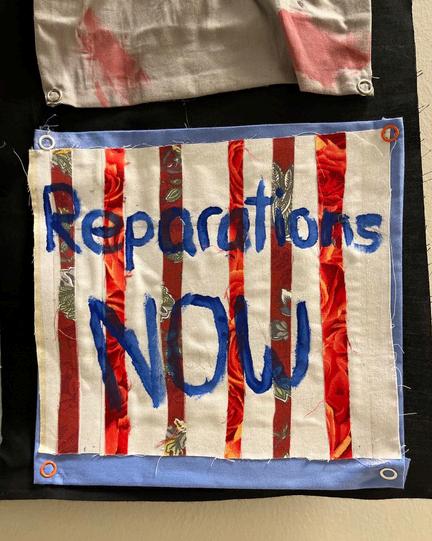

Remembering Irene Chavez
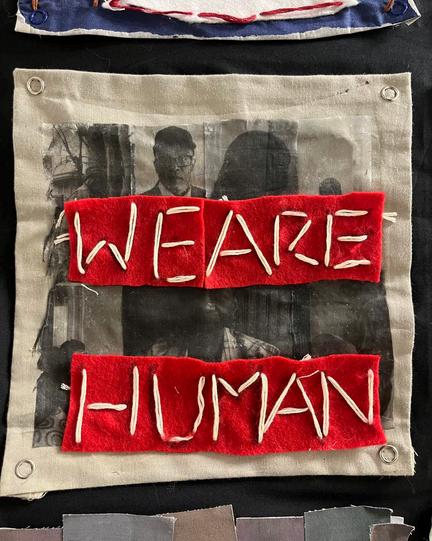
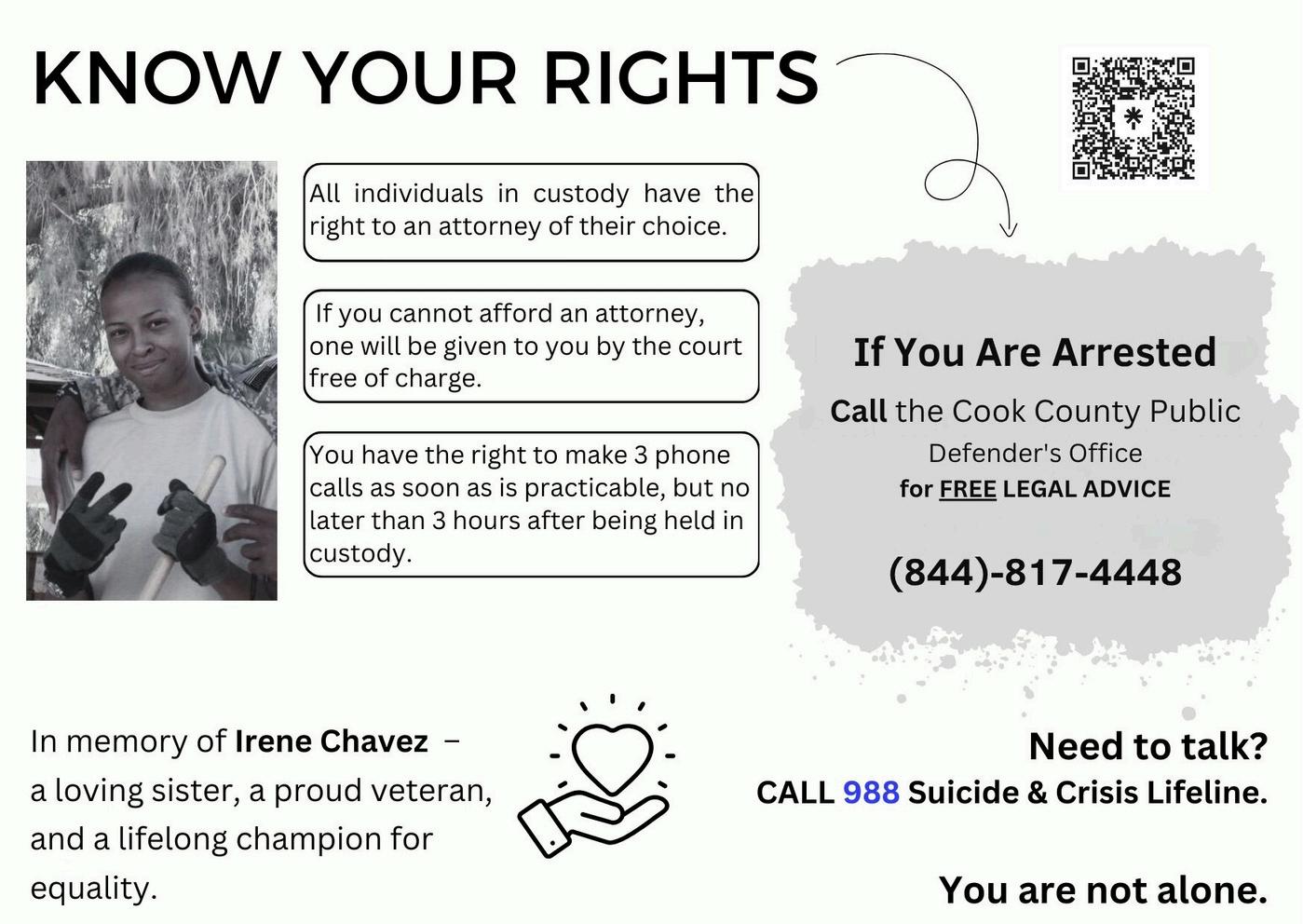
Irene Chavez was an Afro-Latina queer veteran who died in police custody after Chicago Police Department officers failed to properly respond to her mental health emergency Irene told officers she was experiencing a PTSD episode and needed psychiatric support. Instead of receiving care, she was placed in a holding cell, where she repeatedly cried out for help for at least 45 minutes, but police ignored her until after she'd gone quiet, and officers found her unconscious inside. Since securing a settlement for her family, we have been working closely with her sister Iris, to advocate for systemic change and help prevent similar tragedies
Telling the Truth Will Not Set You Free
Abdul-Malik Muhammad
The impossible choice that plea deals create for a wrongfully convicted person.

Over the last four decades, overzealous prosecutors have denied countless “actual innocence” post-conviction petitions. Actual innocence petitions allow incarcerated people to put forward newly discovered evidence that proves their innocence Many of these petitioners hail from the poorest section of metropolitan areas and as a result of their wrongful conviction, lack credibility, undermining people’s beliefs in their innocence. In other words, they suffer from testimonial injustice Once inside the Department of Corrections, they will encounter a myriad of procedural harms that produce the invisible scars of injustices. Many individuals in custody don’t have any meaningful measures to escape a wrongful conviction and once convicted, they become a prison number They can try to challenge their conviction in court, only to become a case number. For indigent petitioners who cannot afford an attorney, the majority of these cases are denied at the first stage as frivolous and without merit
In this article, I examine the different ways prosecutors violate their ethical principles and exploit their power to maintain conviction rates, even in cases of actual innocence
What does the law state in Illinois?
The law in Illinois states that in order for a petitioner to advance to a third stage evidentiary hearing on an actual innocence claim, the petitioner must make a substantial showing that it is more likely than not that “no reasonable trier of facts” would find the petitioner guilty beyond a reasonable doubt.
Post-conviction proceedings are long and confusing, and at any point, a petitioner’s petition can be tossed.
The law in Illinois states that in order for a petitioner to advance to a third stage evidentiary hearing on an actual innocence claim, the petitioner must make a substantial showing that it is more likely than not that “no reasonable trier of facts” would find the petitioner guilty beyond a reasonable doubt
Post-conviction proceedings are long and confusing, and at any point, a petitioner’s petition can be tossed
The first stage is the summary dismissal stage A trial court will review the petition to determine if it makes a good argument.
At the second stage, if the petition cannot afford an attorney, the court may appoint one However, the state can file a motion to dismiss the petition at the second stage. In addition to this, the judge can also dismiss the petition because of a procedural defect or lack of a substantial showing of a constitutional violation
Once the petitioner survives the second stage, the trial court will order an evidentiary hearing. At the hearing, the petitioner has the burden to prove a violation After the hearing, the trial court will render a written opinion
However, probability, not certainty, is the key. The trial court is, in effect, predicting what another jury would likely do if they had all the evidence, both new and old When it comes to new evidence, this must be evidence that was discovered earlier through the exercise of due diligence. Evidence need not be entirely dispositive or exonerating for the court to find that it would likely alter the results on retrial The ultimate question is whether the evidence supporting the petition places the trial evidence in a different light, undermining the court’s confidence in the judgment of guilt.
The Cook County prosecutors do not take their oath seriously and if they did, they will not stand in the way of actual innocence petitions when the claims are supported by evidence, affidavits and live testimony How does this law lead to the prosecutors exploiting their powers to maintain their conviction rate?
Prosecutors maintain unearned wins on their case records and those of the department, the deals help them avoid a new trial, where they have to re-investigate, perhaps discover the death of a key witness or an unwilling victim to participate in a retrial. Prosecutors have powerful influence over the pace of a case The law also allows the prosecutors to remove themselves from a case when a hearing date is set, which delays the case for years.
For example, James Soto, an Northwestern Prison Education Program (NPEP) graduate who was recently exonerated in December 2023 post-conviction petition was delayed for 20+ years. Soto was wrongfully convicted in 1981 at the age of 20. Because of the delays, he spent 42 years in prison for a crime he did not commit He now works as a paralegal and hopes to use his case to send a message about the injustice of wrongful convictions.
Therefore, when a petitioner seems likely to win an actual innocence claim, the state often responds with a controversial tactic: a plea agreement, called an “Alford Plea”. The Alford Plea allows a person that’s innocent to plead guilty to go free. In other words, they would be released from prison, but their conviction would not be overturned The Alford Plea loophole allows prosecutors suppressed by the State’s Attorney’s Office and the police department and maintain their conviction despite evidence that helps prove a person’s wrongful conviction The Alford Pleas are enticing for any individual to pass up, especially for someone who has spent decades in prison for a crime they did not commit. They would be called a fool to pass up an opportunity to go free
According to Northwestern University Economics professor Alexander Lundberg, “Plea negotiations are the engine of the modern criminal justice system. Prosecutors routinely offer sentence discounts for trial waivers, leaving defendants with a dilemma. Should they accept a certain but relatively light sanction, or should they exercise their right to trial, which either yields a higher sanction or none at all?” Like other plea deals, Alford Pleas ask petitioners to make an impossible choice. As Lundberg explains, “As momentous as the choice for a defendant may be, the plea bargain also presents a dilemma for society. Activists and scholars debate whether plea bargains tend to increase or decrease wrongful convictions, which appear to be a common feature of the United States criminal justice system. Estimates based on DNA exonerations place a lower bound of between 2% and 5% on the rate of wrongful conviction in capital cases (Gross, 2008) If a similar bound applies to other types of cases, thousands of innocent people, at minimum, are found guilty each year”.
Is there a public outcry about this?
The Chicago Torture Justice Center, a grassroots organizations in Chicago, has been campaigning against the state’s attorney’s office and the Special Prosecutor’s Office plea bargain system/Alford Pleas The CTJC has identified at least 12 cases in the last decade that reveal viable actual innocence claims, alongside police brutality and prosecutorial misconduct. Each of these petitioners were coerced to take a plea, AKA an Alford Plea of time considered served The legal world believes in every case, the petitioner would have received a new trial, therefore the prosecutors are violating their oath and ethical responsibility by being implicitly involved in maintaining a wrongful conviction This is nothing less than a grave miscarriage of justice. However, signing an Alford Plea appears to be a win for both parties involved. On the one hand, it grants a petitioner an immediate release, which guarantees their freedom without any future appeals For this reason, accepting the deal seems like the lost rational choice Yet on the other hand, doing so means the petitioner will have to be placed on a criminal registry that will follow them for the rest of their life and suffer from the testimonial injustice of an inaccurate record.
What does this mean for the state, city, and county?
The state avoids a huge payout for another wrongful conviction, which saves the state, city, and county millions of dollars. The data shows over 2 million Americans are currently incarcerated, with another 4 million under correctional supervision, and over 25% of adults have a criminal history record (BJS, 2005; Kaeble & Cowhig, 2018). The prosecutors have an incentive to offer a guilty plea, because a conviction will bolster their chances to receive a promotion This legal practice implicitly allows the state’s attorney’s office to act with impunity, in order to help the city and state avoid lawsuits.
NPEP graduate Williams Peeples expressed, “The sad truth is that most Americans who believe in the righteousness of the criminal legal system don’t know that prosecutors routinely manufacture guilt, and then pass convictions off as justice. There are hundreds or thousands of human beings who plead guilty, not because they factually are, but because the scales of injustices are weighed against them. I was just 18 years old when I falsely arrested for attempting to rape a young white woman My own court appointed lawyer advised me, ‘William, you are a Black kid in a white suburb accused of trying to rape a white girl. It doesn’t matter if you did it or not, what matters is a jury of whites will see you and convict you!’ I was offered 4 years at 50% I was faced with 6-30 years if convicted I took the 4 years!”
Conclusion
I am calling on a ban to Alford Plea Deals on claims of actual innocence to help prevent false guilty pleas. Wrongful convictions should never become a byproduct of plea bargains This practice should be abolished, and/or as an alternative met with strict restrictions on plea bargains to prevent a false guilty plea, where a petitioner can still preserve their right to pursue their innocence
Resilience Arts Festival: Oct 24-26
1160 E 55th St, Chicago IL 60615 (Definition Theatre)
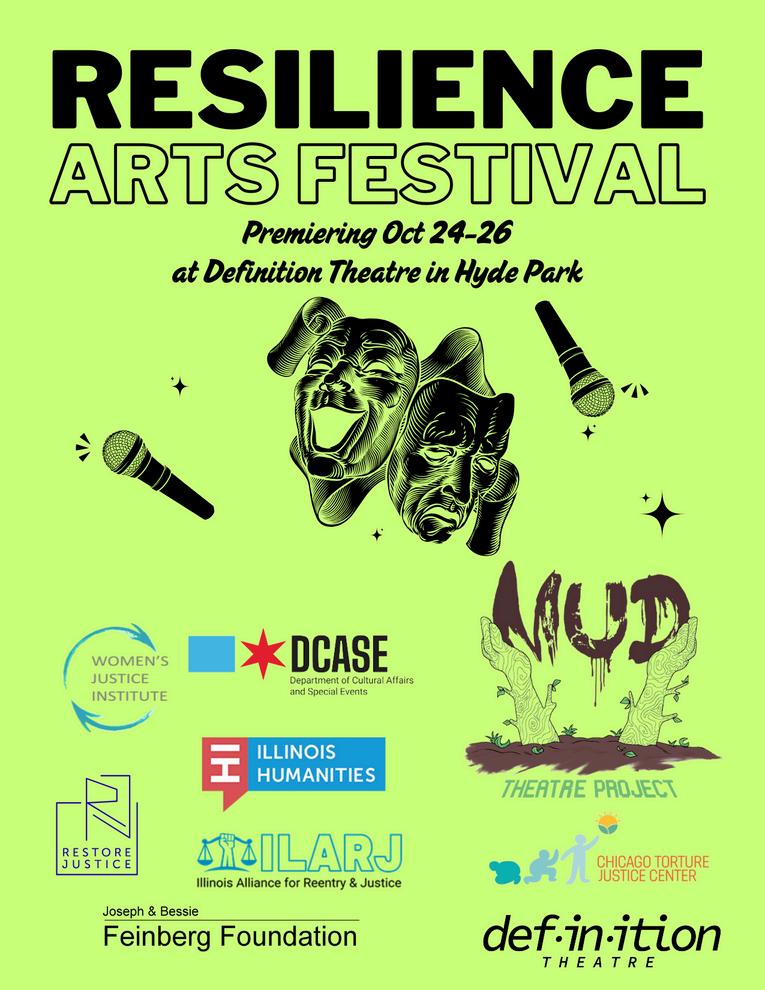
The first-ever Resilience Festival highlights the human experience of people impacted by the criminal legal system, told by award-winning artists who have lived it From survivors of torture and Death Row to incarcerated poets and playwrights, Resilience Fest uses art to transform experiences of isolation into sources of community dialogue and connection
The Mud Theatre Project first started behind prison walls as the Dixon Performing Arts, formed by creatives inside the Dixon Correctional Center We were a group of artists and creatives with dreams and hopes of transforming ourselves and the communities we came from by telling our stories. Through the Mud Theatre Project and now the Resilience Arts Festival, we get to do just that
Though many of us are now on the other side of the wall, there are still so many on the inside who want to realize their dreams in the arts The Resilience Arts Festival is dedicated to these artists.
